Brain Tumors
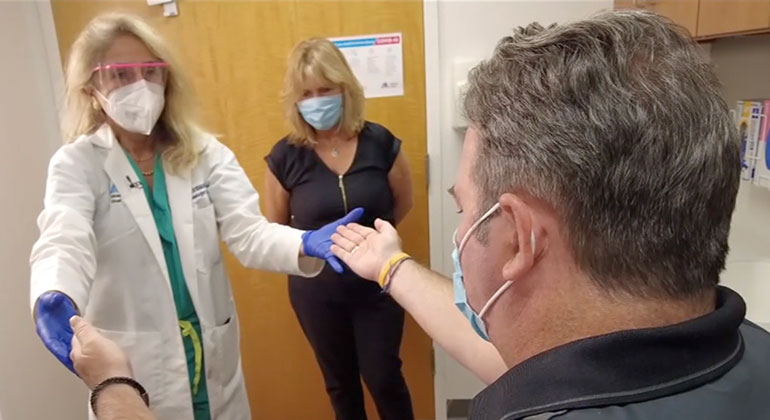
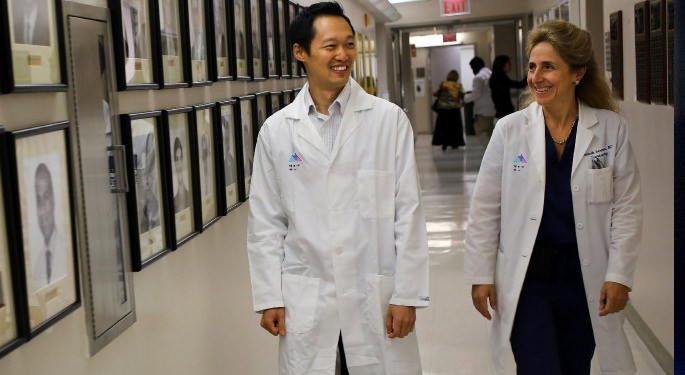
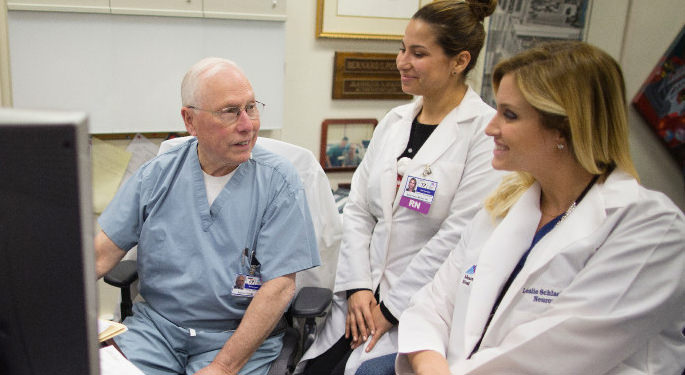
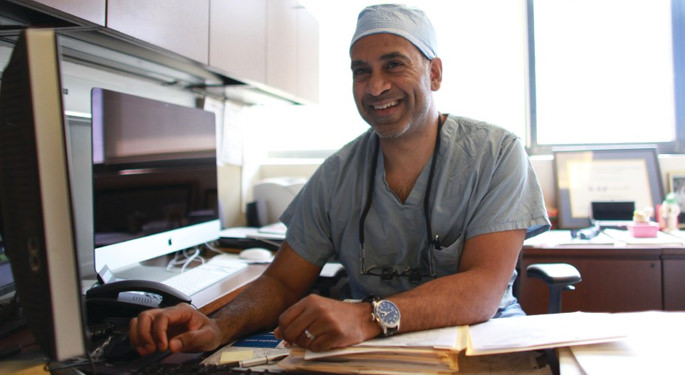
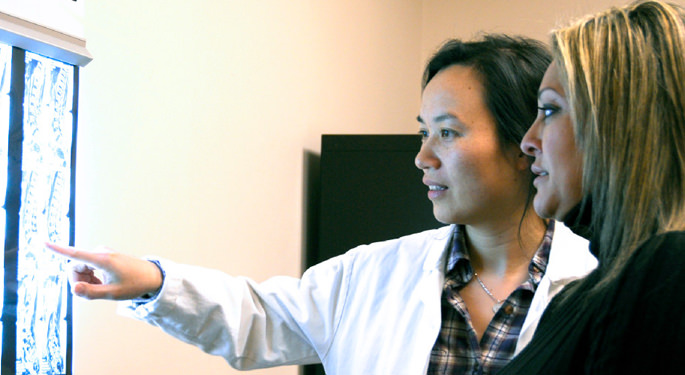
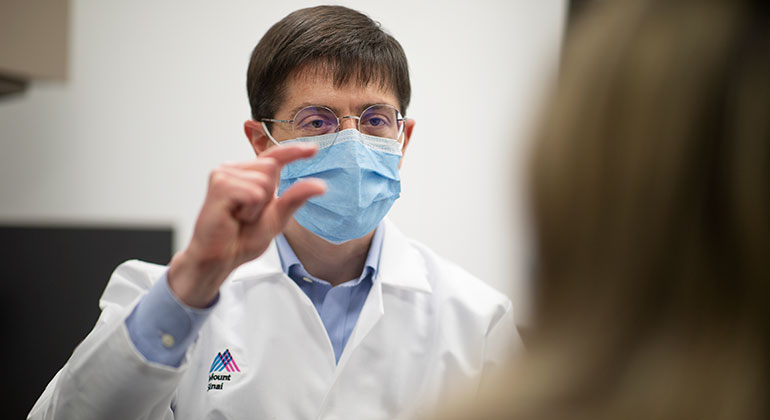
Mount Sinai offers state-of-the-art, comprehensive treatment of all types of brain tumors. We take an interdisciplinary approach, working with team members from the departments of neurosurgery, neurology, radiation oncology, and rehabilitation medicine to ensure the highest quality care. We strive to improve your quality of life and extend your survival rate.
Understanding Brain Tumors
A brain tumor is a collection of abnormal cells in the brain tissue. Some tumors are benign (non-cancerous) and others are malignant (cancerous). We name tumors by their type of cells or where they tend to occur. The type of brain tumor affects what type of treatment will work best for you.
We combine the best in technology and modern medicine with the most personalized attention possible. The result is an integrated treatment plan designed just for you, to attack your specific brain tumor from many angles to speed your recovery. Below are brief descriptions of the most common brain tumors, with more descriptions provided by the National Cancer Institute.
- Acoustic neuromas are benign tumors thataffect the vestibular nerve and cause hearing loss, ringing in the ear, and occasionally unsteadiness.
- Colloid cysts are the most common brain tumor located within the third ventricle. A colloid cyst is a benign tumor that can cause a blockage of cerebrospinal fluid, leading to increased intracranial pressure.
- Chordomas are a rare type of tumor that occurs in the bones of the skull and spine.
- Ependymomas originate in the ventricular lining of the brain.
- Gliomas begin in the glial cells that surround and support nerve cells.
- Hemangioblastomas are usually non-cancerous brain tumors made of stem cells that the body uses to make blood vessels or blood cells.
- Meningiomas are slow-growing tumors that form in the thin layers of tissue that cover and protect the brain and spinal cord.
- Metastatic tumors are any tumors resulting from the spread of cancer from one part of the body to another.
- Pediatric brain tumors include astrocytomas, medulloblastomas, and ependymomas.
- Pineal region tumors form in and around the pineal gland, which is deep within the brain.
- Pituitary tumors are usually benign and forms in the pituitary gland, a pea-sized organ at the base of the brain above the back of the nose that makes hormones that affect other glands and many body functions, especially growth.
- Skull base tumor is any tumor that grows from the base of the skull.
Integrated Services
Our program gives you access to doctors and staff from many different departments, from initial diagnosis through treatment and follow-up. We work together with these departments and services:
- Neuro-oncology is the department that specializes in both neurology and cancer (oncology). These doctors are responsible for the evaluation and management of patients with brain tumors and the neurological complications of cancer. They use chemotherapy, biological response modifiers and immunotherapy, as well as novel drugs to treat brain tumor patients.
- Imaging performs radiographic studies to assess the extent of the disease and the effectiveness of our treatment. Our expert neuro-radiologists provide the most innovative diagnostic imaging protocols, including magnetic resonance imaging with three Tesla scanners; magnetic resonance spectroscopy; and diffusion, perfusion, diffusion tensor, and functional imaging. Our radiologists also perform digital angiography, positron emissions tomography, and other nuclear medicine studies.
- Ophthalmology has specialists trained in neuro-ophthalmology.
- Psychiatry enters in if you have problems with memory, concentration, cognitive function, or mood. These difficulties can be caused by the tumor itself or by the side effects of treatment.
- Radiation therapy is a common treatment for primary and metastatic brain tumors. In addition to conventional radiation, we also offer intensity modulated radiation therapy and stereotactic radiosurgery.
- Rehabilitation provides state-of-the art facilities for inpatients and outpatients focused specifically on the needs of brain tumor patients, such as motor, speech, and cognitive skills.
- Spiritual counseling is available in our chapels. We have chaplains representing all faiths and denominations.
